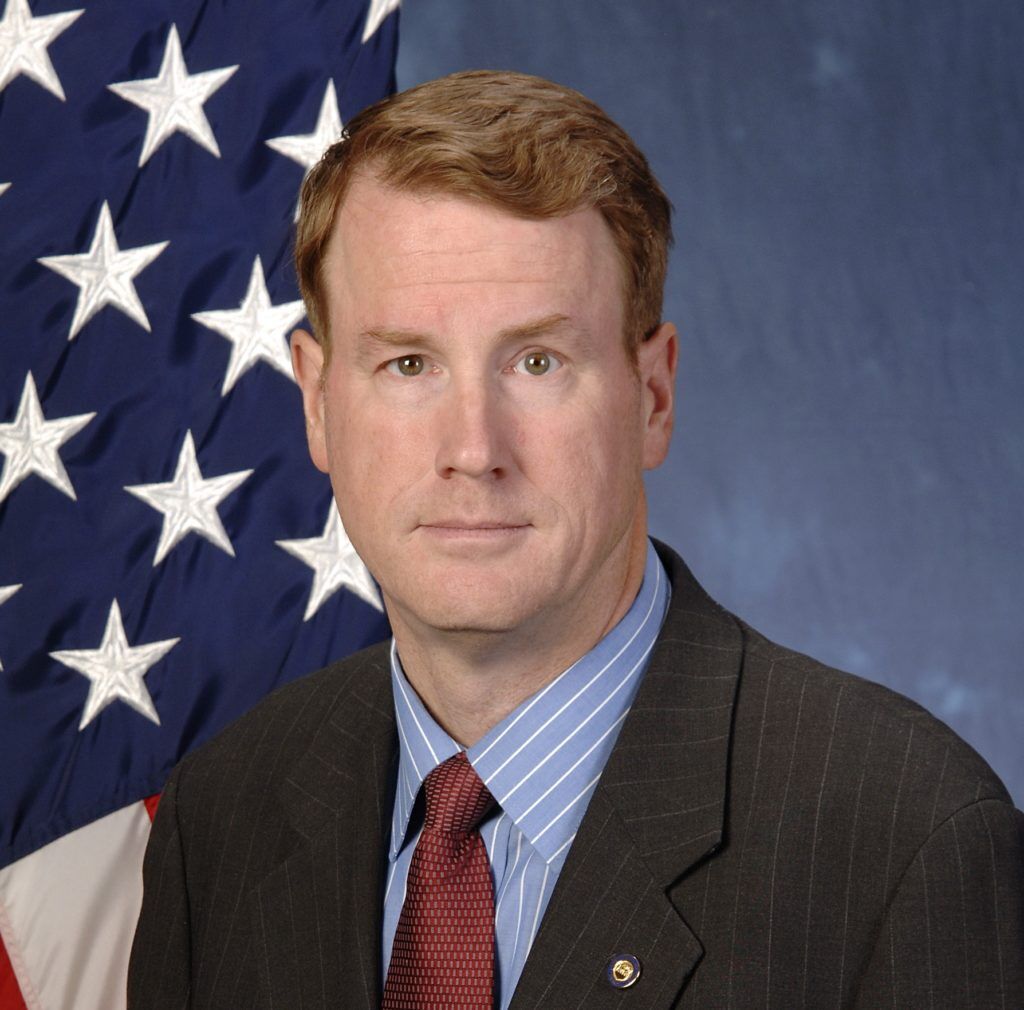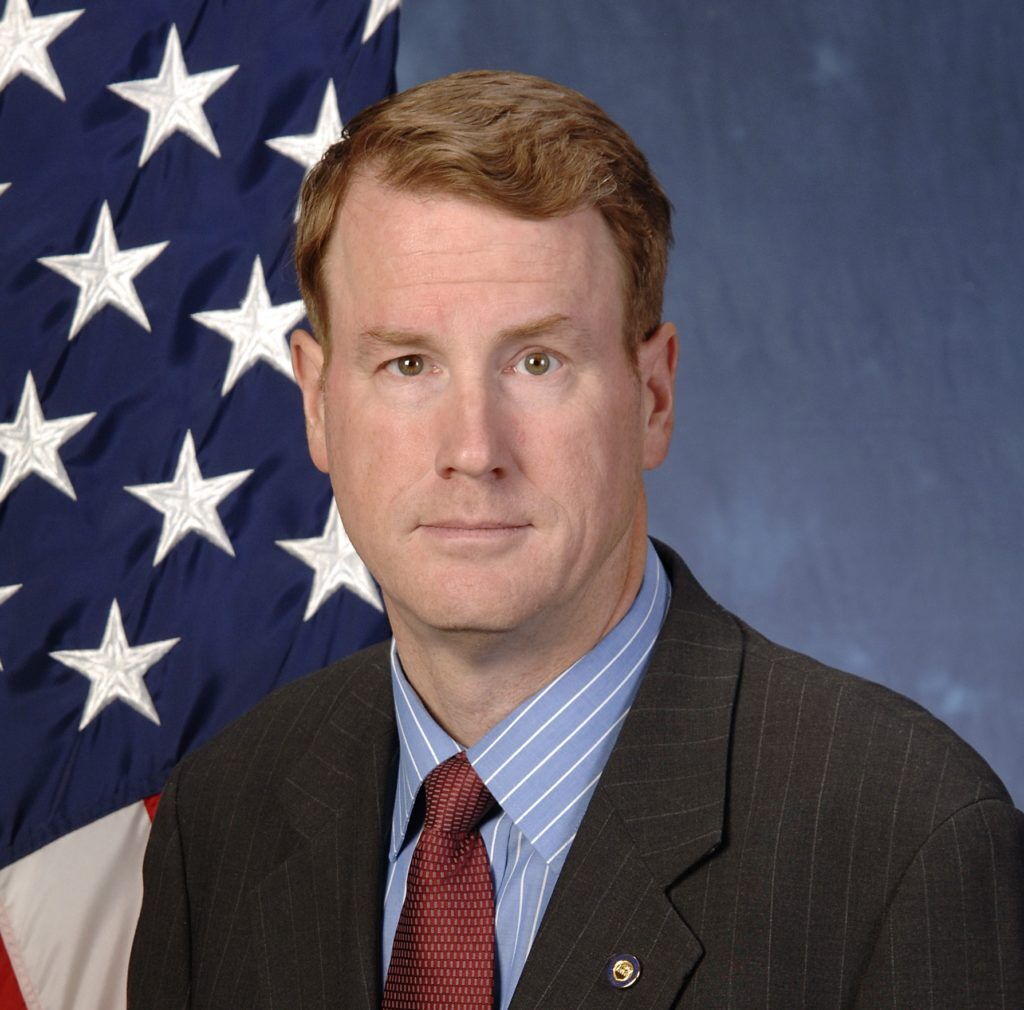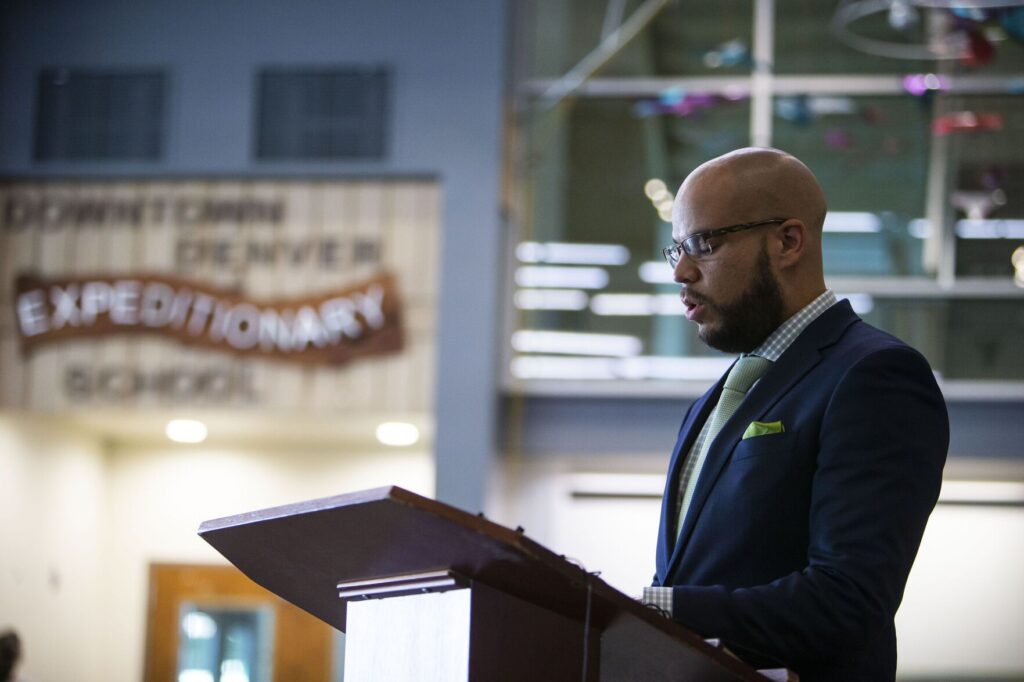BIDLACK | Time for a new ‘wall of separation’


Hal Bidlack
I’m just back from a few days out camping at my astronomy club’s “dark sky” property in southern Colorado. But that site near Gardner is not so far away that the news of the day did not reach us, especially the very sad news about the passing of a Supreme Court giant. I was initially tempted to write an angry op/ed about the hypocrisy of the Republicans regarding that now vacant Supreme Court seat, but I thought better of it. After all, you certainly have not been spared such commentaries from others and I’ve written about Republican hypocrisy again and again and again and again and again and, well, you get the idea. So, I am not going to write another outraged missive on why certain GOPers seem to think that what they said in 2016 magically doesn’t count in 2020.
Which, of course, brings me to Nehemiah Dodge, Ephraim Robbins, & Stephen S. Nelson, a committee of the Danbury Baptist association in the state of Connecticut.
It seems that back in January of 1802, Thomas Jefferson took up his quill to write a response to a letter from the gentlemen from Danbury, regarding his thoughts on the proper role of religion in politics. It seems these residents of a Connecticut town were concerned about their state’s constitution. That document lacked any explicit protection of religious liberty, to include forbidding of a state-sponsored “official” religion. You may recall from your long-ago civics’ classes that the national Constitution and the Bill of Rights did not, at first, apply to state governments, but only to the federal one in Washington. Thus, state constitutions were far more important back before the 14th Amendment fixed that problem.
Jefferson’s reply created one of the most famous phrases in our political culture when he replied to the Danbury letter by writing, “… that their legislature should ‘make no law respecting an establishment of religion, or prohibiting the free exercise thereof,’ thus building a wall of separation between Church & State.”
I’ve been thinking about Mr. Jefferson’s wall a lot lately, and I believe it has a corollary “wall” that was equally implied by the Founders, connected to Mr. Jefferson’s metaphorical church and state wall — a wall between certain government roles and politics.
With the passing of RBG many on the far right are excited about putting another religious conservative on the nation’s highest court, and they may well get away with doing it, regardless of hypocrisy challenges. The ultimate goal is to overturn Roe v. Wade, and if they can also roll back LGBTQ rights and women’s rights along the way, they win again. The Founders had hoped to keep the judicial system as free from political entanglements as possible, but in the 21st century, we must accept the new reality that the judiciary in general, and the Supreme Court specifically, is now a fully political branch of government.
We now have a president who, unfettered by the moorings of an ethical code, has sought to place ideologues on the federal bench at unprecedented numbers. Heck, he doesn’t really even care that much about their legal qualifications, only their ideology. When the American Bar Association (hardly a liberal snowflake) kept scoring many of his nominees as unqualified, Trump’s solution was not to dump the unqualified nominees, but rather to dump the ABA as a vetting service.
And it is not just the courts that are under pressure to move from apolitical to partisan. Trump has pulled the US from the World Health Organization over petty and contrived claims of bias. Back when I was teaching political science at the AF Academy, I used to use the WHO as the one example of a UN organization that everyone liked and respected. But the US says otherwise, at least for the moment.
Perhaps even more crucially, because you could die from it, has been the attempt to politized the Centers for Disease Control. True science has no political spin, but our president has consistently tried to both pressure the CDC to change its guidelines while also trashing the CDC’s reputation, claiming political bias in, well, the actual science of the pandemic.
Jefferson argued for a separation between church and state, and we can see that in today’s twisted political world that separation has largely vanished, even as the concept of “church” has morphed from a guy in a pulpit to now a senator or judge deciding to govern along what he or she sees as “scripturally” correct. I suspect it never occurred to Jefferson to warn against the politization of science, and that’s a pity. Perhaps it’s time for the residents of Danbury to write another letter.














